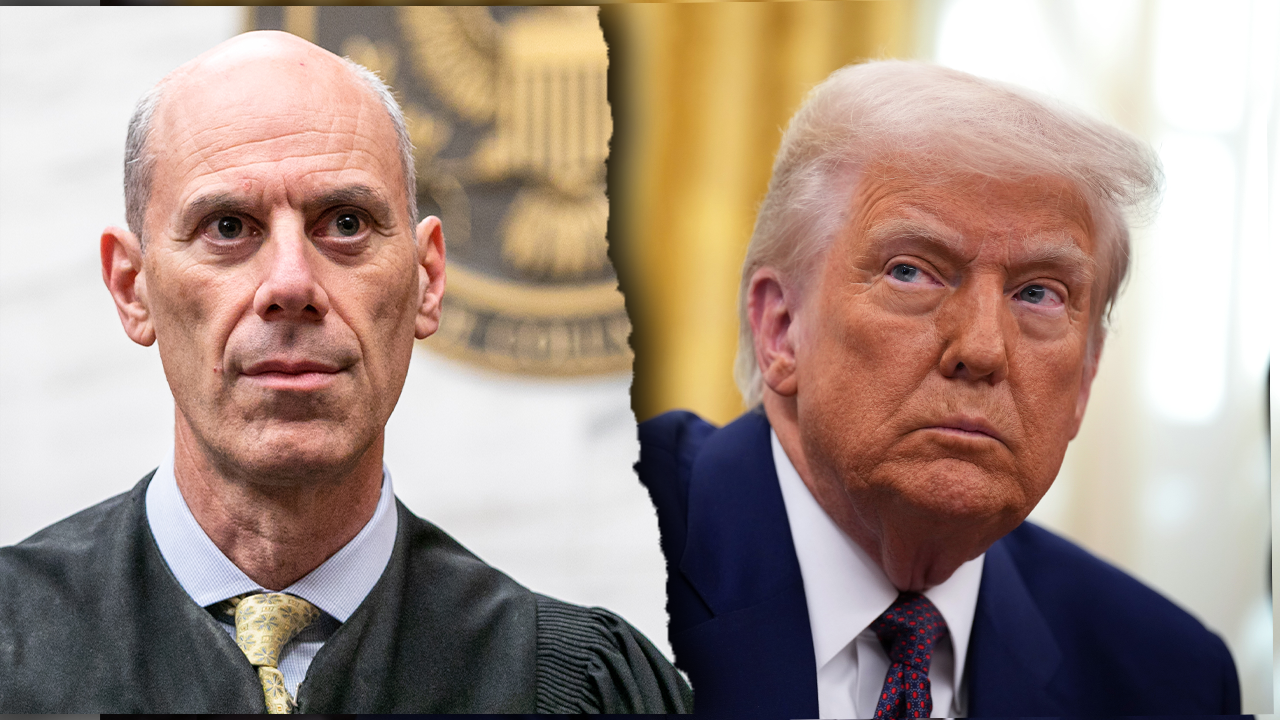Court demands preservation of Trump officials’ encrypted Signal messages

A federal judge has issued a directive to Secretary of State Marco Rubio, who is also serving as the acting archivist, to gather any Signal messages from top Trump officials that may be at risk of deletion. These messages are to be referred to the Department of Justice for further review. However, the judge clarified that he cannot take action on Signal messages that have already been deleted.
The order from Judge James Boasberg came in response to a lawsuit filed by a watchdog group against five of President Donald Trump’s Cabinet members, including Rubio. The lawsuit was prompted by a report in the Atlantic that revealed a Signal chat among the officials discussing plans for airstrikes against the Houthis in Yemen.
Boasberg, who has clashed with Trump in the past over immigration rulings, noted that the court record shows the Cabinet officials have not fulfilled their obligations under the Federal Records Act. The judge emphasized that the officials have used Signal for work-related communication and allowed messages to auto-delete, potentially leading to permanent loss of important information.
American Oversight, the watchdog group behind the lawsuit, presented a strong case regarding the use of Signal by the officials. Boasberg stated that his options under the Federal Records Act were limited but demanded that Rubio take steps to preserve existing Signal messages to ensure compliance with the law.
Chioma Chukwu, executive director of American Oversight, expressed readiness to take legal action again if the Trump administration fails to comply with Boasberg’s order. She criticized the need for court intervention to enforce basic legal duties and emphasized the importance of upholding transparency and accountability in government.
The Signal incident involving Rubio, Secretary of Defense Pete Hegseth, CIA Director John Ratcliffe, Director of National Intelligence Tulsi Gabbard, and others sparked controversy. The officials discussed attack plans in a chat group that was inadvertently joined by an Atlantic journalist.
The Trump administration denied any wrongdoing, stating that the communication was not classified. The Pentagon inspector general initiated an investigation into the incident following a request from the Senate Armed Services Committee.
As the legal proceedings unfold, the importance of preserving electronic communications for transparency and accountability in government operations remains a critical issue. The outcome of this case will likely have implications for how officials handle sensitive information and comply with record-keeping regulations.




